I’ve researched some significant reasons why Acadia National Park is a popular place to go. 
- The center of Acadia National Park is the core wintering area for purple sandpipers.
- Recently, a fungus lethal to bats – but harmless to humans, was found in Acadia National Park. The animals infected are said to come down with white-nose syndrome. It’s particularly detrimental because bats are crucial to stabilizing the mosquito population.
- The word ‘Acadia’ is said to be a derivative of the word ‘Arcadia’. Italian explored Giananni de Verazzano used the word ‘Arcadia’ to describe the beauty of the Chesapeake Bay ecosystem. The word ‘Acadia’ was used to designate the current area of Canada’s maritime Providences.
- The park was established as Acadia National Park on January 19, 1929 and is the fifth smallest national park.
- In 2010, the Huffington Post named it one of the top 6 national parks to visit.
- Acadia National Park lies on Mount Desert Island, which is the sixth largest island in the continental United States.
- There is a famous rock formation, known as Thunder Hole (pictured), that when hit by waves creates a thunderous roar as air and water shoot out!
- The movie, Cider House Rules, featured two spots on Mount Desert Island: Sand Beach and Thurston’s Lobster Pound.
- The peak of the highest mountain, Cadillac Mountain, in Acadia National Park is the first place to witness the rays of the sun shining on the United States.
- When writing letters in support of the park, President Woodrow Wilson stated, “It is a true park area in the highest sense, totally different from any other that we have”, “It is rich in historic association, in scientific interest, and in landscape beauty”, “There is no other place along the Atlantic coast where so wide a range of geologic facts are shown or where such valuable material is offered for research”, “It will give a healthy playground to multitudes of hard-working men and women”, and “With its adjacent inlets and headlands, it stands out as offering the greatest natural diversity.”
- The state motto, Dirigo, is Latin for “I direct” or “I guide”.
In case you cannot tell, I am very excited for the Maine coast vacation next week. Pictures will surely follow!
Related articles
- Bat disease hits two more national parks (mnn.com)
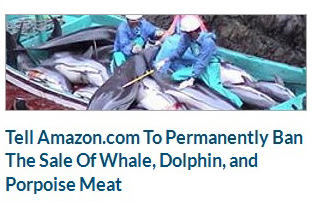




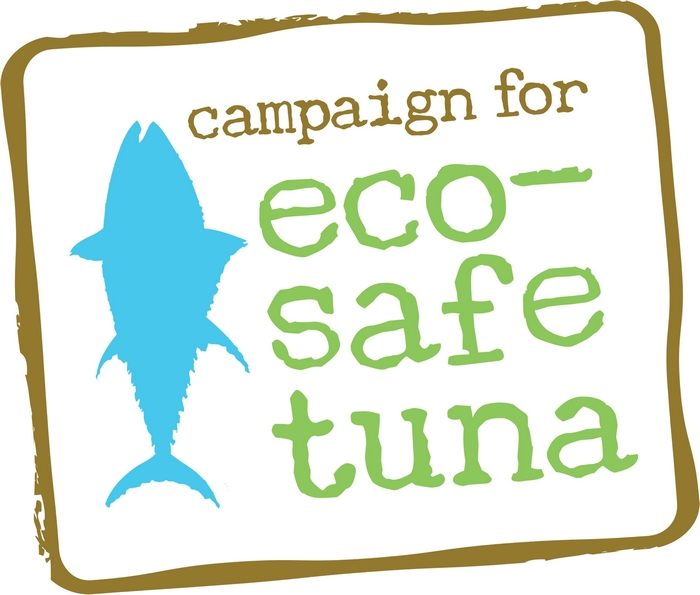


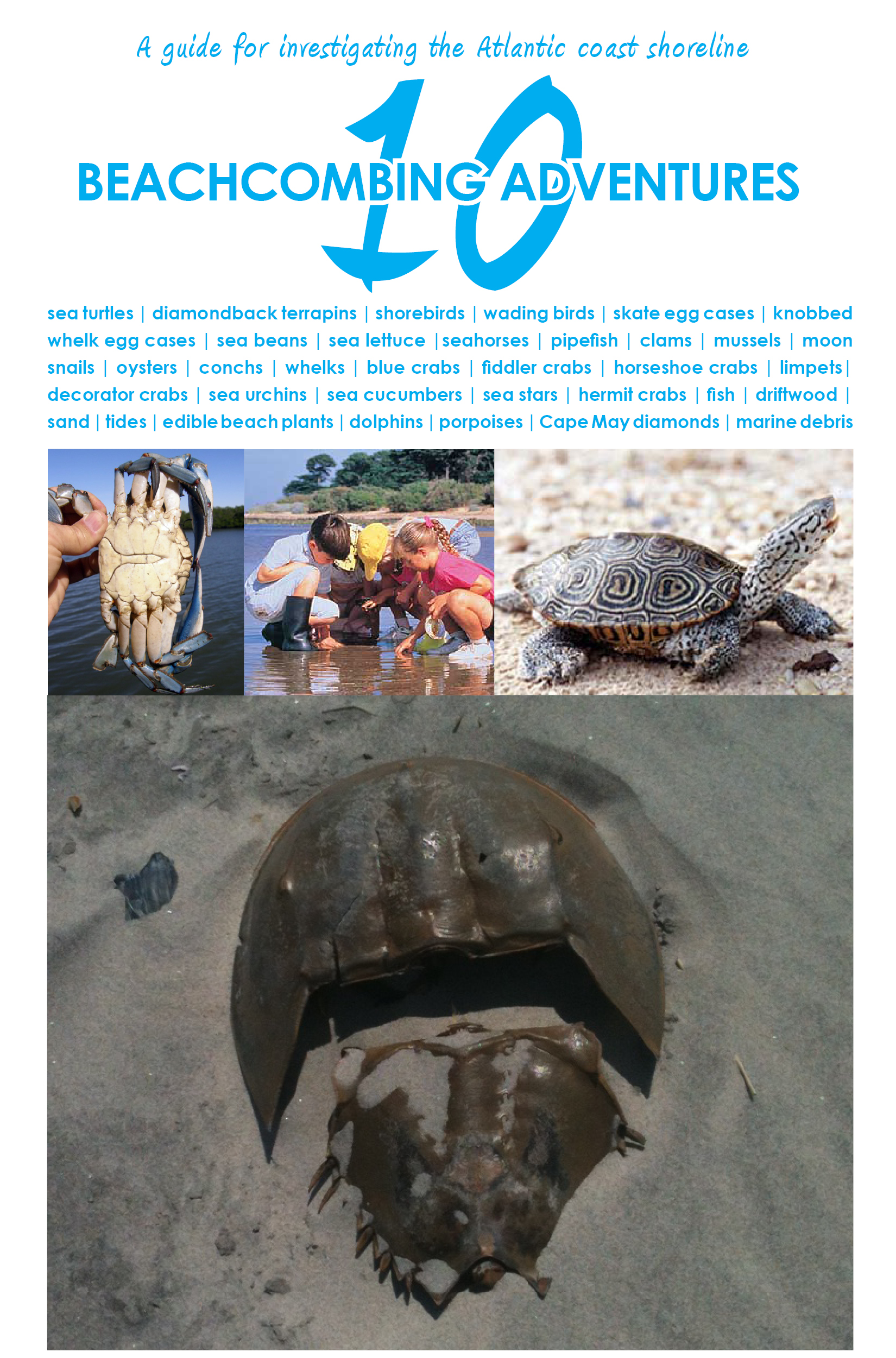
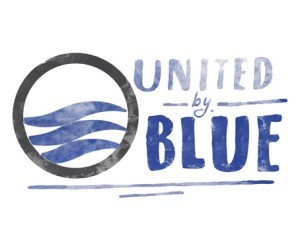
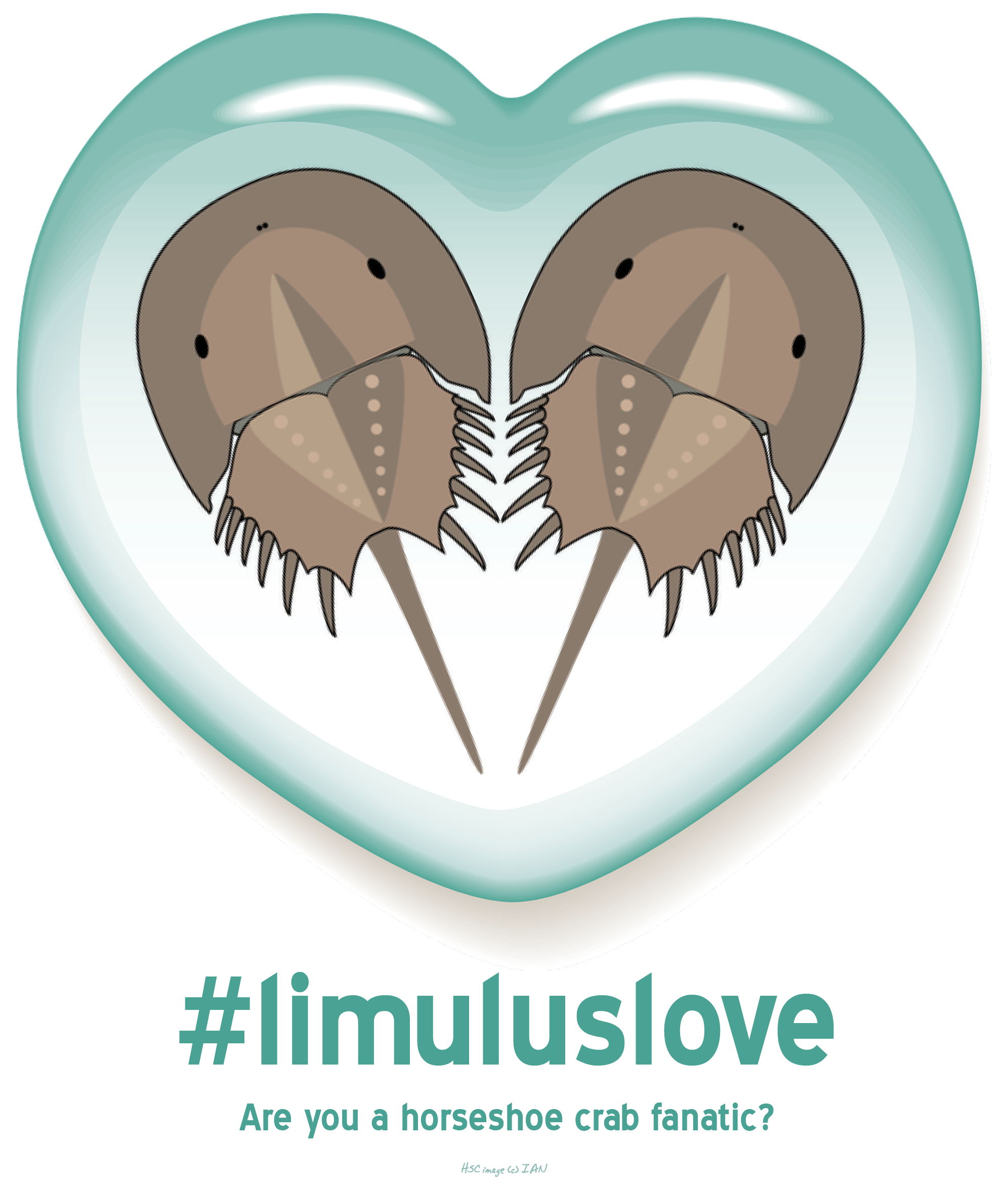
What people are saying …